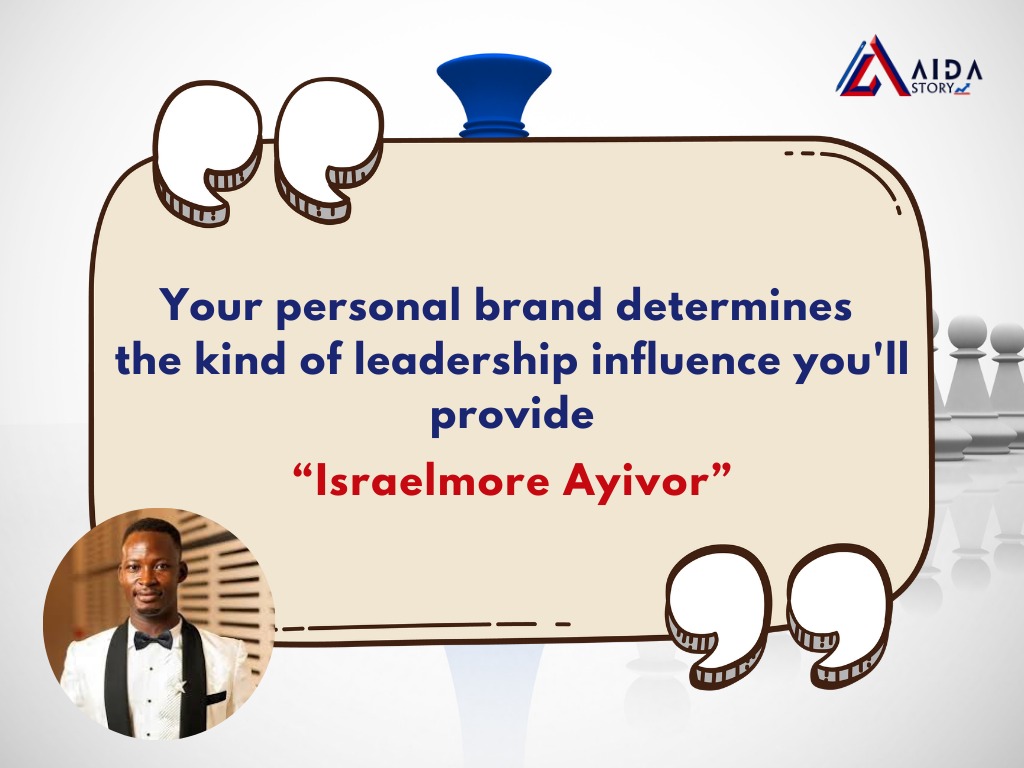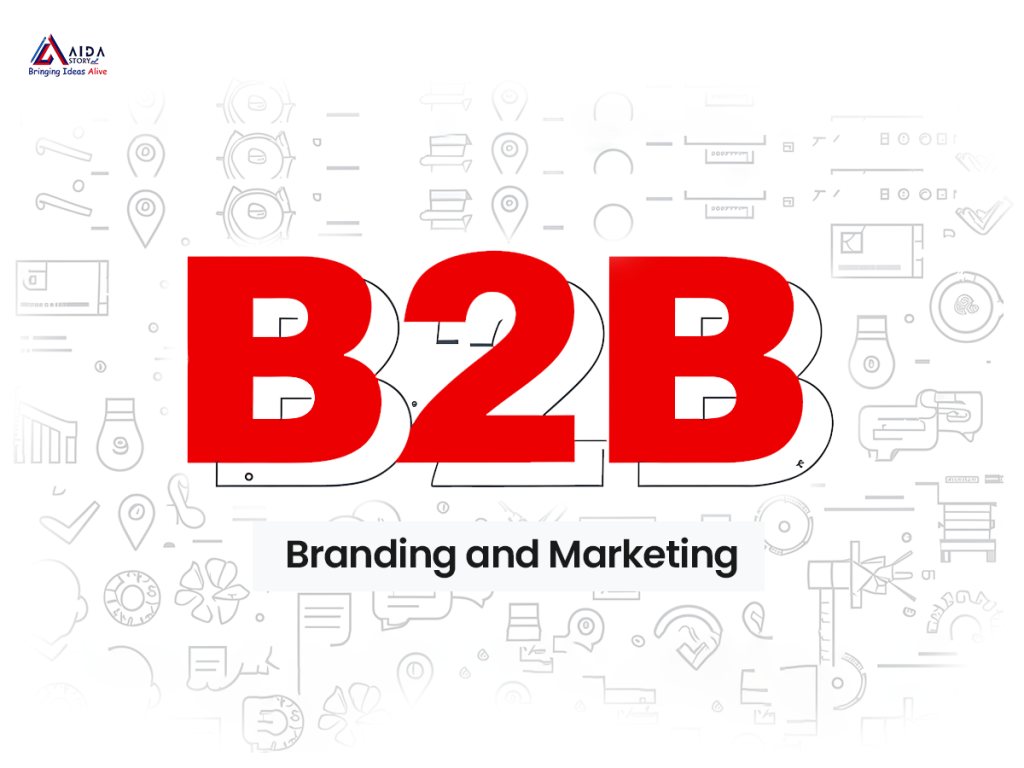In a world where leadership demands authenticity and clarity, personal branding is no longer optional, it’s essential. Effective leadership communication hinges significantly on how well leaders craft and convey their personal brand. Your brand reflects your personality and is communicated through what you say and do regularly. Understanding the benefits of branding in leadership roles can drastically enhance your influence and impact.
When a leader communicates their personal brand successfully, they are often drawn to important opportunities and become influential. Branding done well is about job achievements, as well as connecting and being remembered by others. Involvement at this level makes communication better and ensures that leaders accomplish true results both in their workplaces and elsewhere.

How Branding Boosts Leadership Communication
Both parties can have confidence in one another
One of the key benefits of branding in leadership roles is establishing authenticity. When leaders have a transparent brand, their team can trust what they are working towards. This authenticity becomes the foundation of successful leadership communication.
Adds to a Person’s Success and Fame
Leaders who strategically develop their branding attract recognition within and outside their organizations. Being active in writing, online, and presentations gives a leader’s influence greater strength.
Inspires connections on an emotional level.
When a personal brand is well presented, it captures the hearts of team members. Leaders encourage people to share their stories and ideas so that everyone becomes more united and the workplace remains welcoming.

Branding Strategies for Effective Leadership
Leverage Storytelling
Storytelling is among the most impactful branding strategies for effective leadership. Stories used by great leaders share their convictions, what inspires them, and their most important values, ensuring their messages are not forgotten.
Every Channel Should Feel Related
Keeping your brand the same makes it more recognizable. Align your messages on LinkedIn and with your team, with your brand values and how you lead people.
Continue to learn new things
Effective branding involves constant growth. Leaders are expected to always develop themselves and let their teams and colleagues know about their learning progress.
Real-world Examples
Leaders like Simon Sinek and Brené Brown effectively use personal branding to enhance their leadership communication, influencing millions globally. They build a powerful personal brand by always being genuine and making good use of messaging.
For an insightful exploration of practical branding approaches, consider exploring resources such as Forbes on Branding.
Personal Branding the Key to Transformational Leadership
Ultimately, personal branding isn’t just about visibility; it’s about clarity, authenticity, and influence in leadership communication. Leaders who embrace branding significantly amplify their ability to inspire, engage, and drive results. Check out in-depth approaches and examples of leadership success on AidaStory.com to enhance your brand.
Branding also positions leaders uniquely within their industries, helping them stand out distinctly from competitors. Thanks to this uniqueness, new opportunities, partners, and networks come within reach, which in turn brings greater success.
Incorporating branding into leadership communication isn’t merely beneficial it’s transformative. Thanks to it, leaders explain their vision in a way that makes people understand, relate to them, and follow more wholeheartedly.
FAQs
1. How does personal branding influence leadership effectiveness?
It amplifies a leader’s authenticity and clarity, significantly boosting their credibility, influence, and communication effectiveness.
2. What are the primary benefits of branding in leadership roles?
Gaining credibility, being more noticed, speaking clearly, getting career promotions, and better teamwork are some of its benefits.
3. Does telling stories help build a leader’s unique brand?
Absolutely. Storytelling personalizes leadership communication, making leaders more relatable, inspirational, and memorable to their audience.
4. Why is social media crucial for personal branding in leadership?
With social media, leaders can expand their influence, highlight their ideas and insights, and connect regularly with more followers, helping build their brand.
5. What is the role of authenticity in branding?
Authenticity is foundational; it builds trust, fosters deeper connections, and ensures consistency and clarity in leadership communication.



